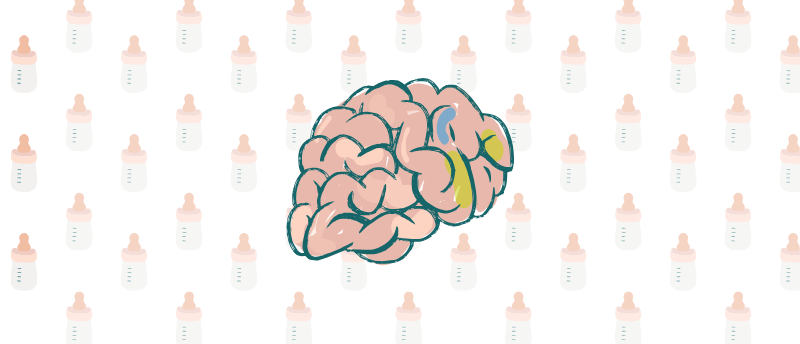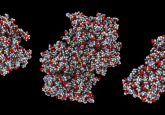Newborns and people with Alzheimer’s share a surprising biomarker

Both newborn babies and people with Alzheimer’s disease have elevated levels of phosphorylated tau, suggesting a dual role for the molecule.
Researchers from the University of Gothenburg (Sweden) have found that both newborn babies and people with Alzheimer’s disease have elevated levels of phosphorylated tau (p-tau), a key biomarker of Alzheimer’s. The results suggest that newborn brains are protected from the damaging effects of p-tau, and that a better understanding of this could help in the development of treatments for Alzheimer’s.
Tau is an essential protein involved in regulating microtubule dynamics, axonal transport and neurite outgrowth. Elevated levels of p-tau, specifically p-tau217, are seen in people with Alzheimer’s disease, and this biomarker is used in the Lumipulse G pTau217/β-Amyloid 1-42 Plasma Ratio, which was recently approved by the US Food and Drug Administration (MD, USA) as the first blood test designed to aid in diagnosing Alzheimer’s disease.
Interestingly, elevated levels of p-tau217 are also seen in newborn babies. Previous research, mainly based on animal models, has suggested that p-tau plays a role in early brain development.
To investigate p-tau217 levels across different age groups, the researchers analyzed blood samples from over 400 individuals, including healthy newborns, premature infants, young adults, elderly adults and people diagnosed with Alzheimer’s disease. They utilized their previously developed UGOT p-tau217 assay to measure these levels with high sensitivity.
They found that newborn babies had the highest levels of p-tau217, surpassing even those seen in individuals with Alzheimer’s disease. P-tau217 levels were particularly elevated in premature babies and decreased over the first few months of life, eventually stabilizing to adult levels.
You may also be interested in:
- Monash University Team Develop an Alzheimer’s Screening Sensor
- Have scientists identified new molecular drivers of Alzheimer’s disease?
- A blood-based, metabolite and demographic characteristic markers panel for the diagnosis of Alzheimer’s disease
Additionally, they found that in both healthy and premature babies, p-tau217 levels were linked to how early they were born: babies born earlier had higher levels of the protein, suggesting a role in supporting rapid brain growth under challenging developmental conditions.
While in older adults, p-tau217 is associated with tau aggregation into tau tangles and cognitive decline, in newborns, elevated p-tau217 appears to support healthy brain development, helping neurons grow and form new connections. This suggests that in early life, the brain has built-in protection against the damaging effects of tau, so that newborns can tolerate, and even benefit from, high levels of phosphorylated tau without triggering the damage seen in Alzheimer’s.
“We believe that understanding how this natural protection works — and why we lose it as we age — could offer a roadmap for new treatments. If we can learn how the newborn brain keeps tau in check, we might one day mimic those processes to slow or stop Alzheimer’s in its tracks”, said first and corresponding author Fernando Gonzalez-Ortiz.





